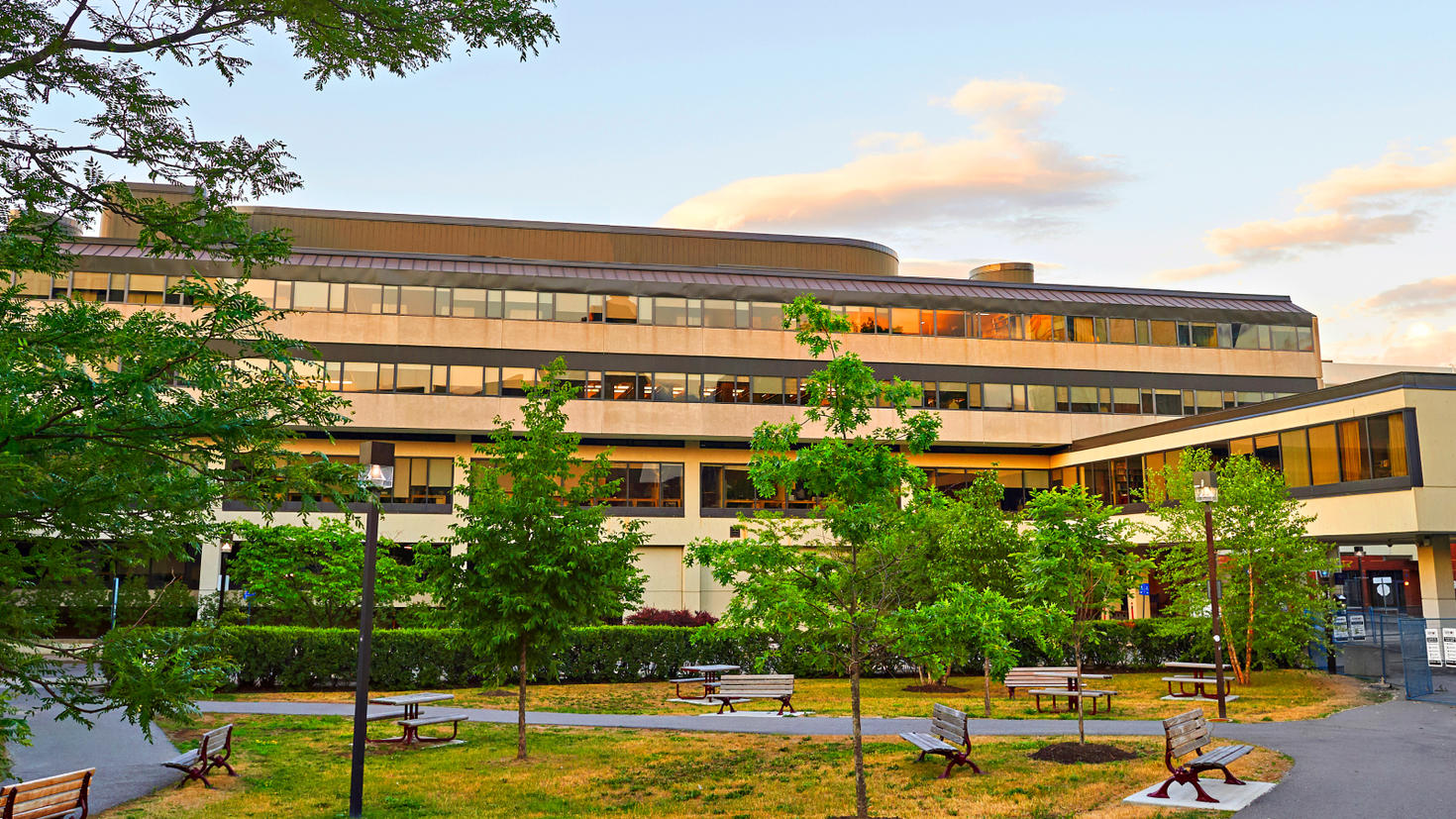DCC2303 | Legal Aspects of Human Rights
Historical origins of international human rights law. Presentation of international law as a legal system that includes rules, principles and requirements, as well as specific methodological research tools.
DCC2703 | Dimensions juridiques des droits de la personne
Origines historiques du droit international des droits de la personne. Présentation du droit international comme celle d’un système juridique qui comporte des normes, des principes, des exigences et des outils méthodologiques de recherche spécifiques.
DCC3110 | Inter American System of Human Rights
Introduction to the Inter American system of human rights protection by subject areas including womens’ rights, the rights of indigenous peoples, the right to democracy and social rights. Presentation of Organisation of American States (OAS) institutions involved with to human rights; special emphasis is given to themes such as access to justice – empowerement of the poor. Explanation of the specific methodological research tools required to use this regional system.
DCC3111 | Human Rights in the Age of the Universal Declaration
Human rights and new world order. Non-binding Declaration of human rights. Case studies related to the first 30 years of the Declaration of Human Rights (1948-1978). Promotion of human rights movement and contemporary challenges.
DCC3112 | Human Rights and Justice in Africa: Theory and Practice
Analysis of the ways that human rights and conceptions of justice have been applied, interpreted and debated in the context of contemporary Africa. Relationships between the Western origins and 'universality' of human rights and retributive justice, cultural relativity arguments and needs of transitional societies.
DCC3113 - CML4109 | Summer School on The Arts and Human Rights
The Human Rights Research and Education Centre (HRREC) offered three Summer School on The Arts and Human Rights (AHR) under the theme Indigenous Arts and Culture between 2016 and 2018. The goal of this course was to explore issues around the Art as a manifestation of human rights and as an instrument for the promotion of human rights. The course was open to students (for credit or not) as well as academics, government employees, NGO and IO staff, indigenous and community representatives, artists, activists and cultural workers. The course featured leading scholars, practitioners and artists and the curriculum blended traditional and artistic pedagogical methods.
DCC3511 | Les droits de la personne pendant la période de la Déclaration universelle
Droits de la personne et nouvel ordre mondial. Déclaration universelle des droits de l’homme non contraignante. Étude de cas portant sur les 30 premières années de la déclaration (1948-1978). Promotion de la cause des droits de la personne et enjeux contemporains.
DCC3512 | Droits de la personne et justice en Afrique : Théorie et pratique
Analyse de la façon dont les droits de la personne et les conceptions de la justice ont été débattus, interprétés et appliqués dans le contexte contemporain en Afrique. Relations entre les origines occidentales et « universelles » des droits de la personne et la justice punitive, les arguments fondés sur le relativisme culturel et les besoins des sociétés en transition.
DCC4119 | Selected Topics in Law: International Human Rights — DCC4519 | Thèmes choisis en droit : Droits de la personne
Problems and challenges affecting the realization and/or implementation of international human rights in contemporary contexts. From environmental protests to debates about the nature of sustainable development, and from concern about the welfare of cross-border migrants or about the recognition of for Indigenous rights to the growing interest in the power of technology to support freedom of speech – human rights are never far from the spotlight.
DCC4522 | Environnement et droits humains
Ce cours avait pour but de permettre à des juristes et non juristes d’acquérir les outils nécessaires à l’analyse des enjeux environnementaux du point de vue des droits humains.
